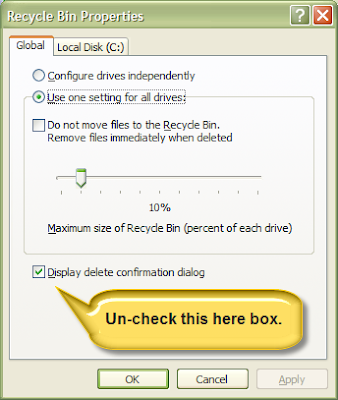It started out slow for me. I despaired at first when the three things I wanted to work on either had too few people interested, the team didn't show up, or looked to turn into a business plan-fest. But then the folks who had gathered around a Twitter follower management idea finally showed up and the rest was... well... if not history... it was at least epic. Out the end of the weekend we had tweetsum up and running. The project will live on. It has already gotten me back into thinking about writing Rails applications.
Anyway, the subject of this post is why, in my opinion, some of the teams at Seattle Startup Weekend 2 (SSW2) had trouble finding developers. In a word; engagement.
There were a couple of teams that were strongly driven by "business folks". These team did not seem to want to engage the technical folks in give and take about what the business would look like and what to build. The business folks do business things (like plan and require and direct) and the technical folks do technical things (like code and configure and follow directions).
Sweet!! A day job!
 Now, I'm all for having a good business model and a way to monitize your thingie. But there were a couple of teams that clearly thought of the people with development skills as a resource to be used.
Now, I'm all for having a good business model and a way to monitize your thingie. But there were a couple of teams that clearly thought of the people with development skills as a resource to be used.Emphasis on used.
I heard from a friend that his group was building something that the group organizer had brought to SSW2 pretty well fully formed from a "what we want it to do and look like" point of view. The team just wasn't open to input on ways to improve it.
Okay, whatever. Just go find another group, right?
 People were amazed at what the tweetsum team got done in just two days. We were able to do this because everyone on the team could do, not just direct. Each and every person was able to contribute directly to getting a site up and running. There was not a single person on the tweetsum team that did not code, configure servers, or perform some other core technical function.
People were amazed at what the tweetsum team got done in just two days. We were able to do this because everyone on the team could do, not just direct. Each and every person was able to contribute directly to getting a site up and running. There was not a single person on the tweetsum team that did not code, configure servers, or perform some other core technical function.But this is the key thing... they were free to do it any way they wanted.
(For reference, that's tweetsum's specification and process documentation sitting on the folding chair.)
That's right. We had a wealth of developers and designers and technical folks. And we had them specifically because it felt as little like a corporate day job as was humanly possible. In psychobabble terms their locus of control was internal as much as was possible.
The next time you're trying to recruit a team and are finding developers and other technical types hard to find, offer to share control with them. You'll get a lot more interest from the technical folks if you engage them instead of direct them.



